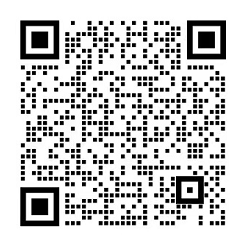资料题:The scientist's work was based on( )。
发布时间:2020-12-15
A.occasional observations
B.systematic observations
C.observations of several nests
D.observations of an undisturbed nest
参考资料
For some time past it has been widely accepted that babies - and other creatures - learn todo things because certain acts lead to" rewards" ; and there is no reason to doubt that this is true.But it used also to be widely believed that effective rewards, at least in the early stages,had to be directly related to such basic physiological"drives”as thirst or hunger.In other words, a baby would learn if he got food or drink or some sort of physical comfort, not otherwise.It is now clear that this is not 8o.Babies will learn to behave in ways that produce results inthe world with no reward except the successful outcome.Papousek began his studies by using milk in the normal way to " reward" the babies and so teach them to carry out some simple movements, such as turning the head to one side or the other.Then he noticed that a baby who had had enough to drink would refuse the milk but would still go on making the learned response with clear signs of pleasure.So he began to study the children' s responses in situations where no milk was provided.He quickly found that children as young as four months would learn to turn their heads to right or left if the movement “switched on" a display of lights - and indeed that they were capable of learning quite complex turns to bring about this result, for instance, two left or two right, or even to make as many as three turns to one side.Papousek' s light display was placed directly in font of the babies and be made the interesting observation that 8ometimes they would not tum back to watch the lights closely although they would" smile and bubble(咯咯笑)" when the display came on.Papousek concluded that it was not primarily the sight of the lights which pleased them, it was the success they were achieving in solving the problem, in mastering the skill, and that there exists a fundamental human urge to make sense of the world and bring it under intentional control。
 湘公网安备:43011102000856号
湘公网安备:43011102000856号 
